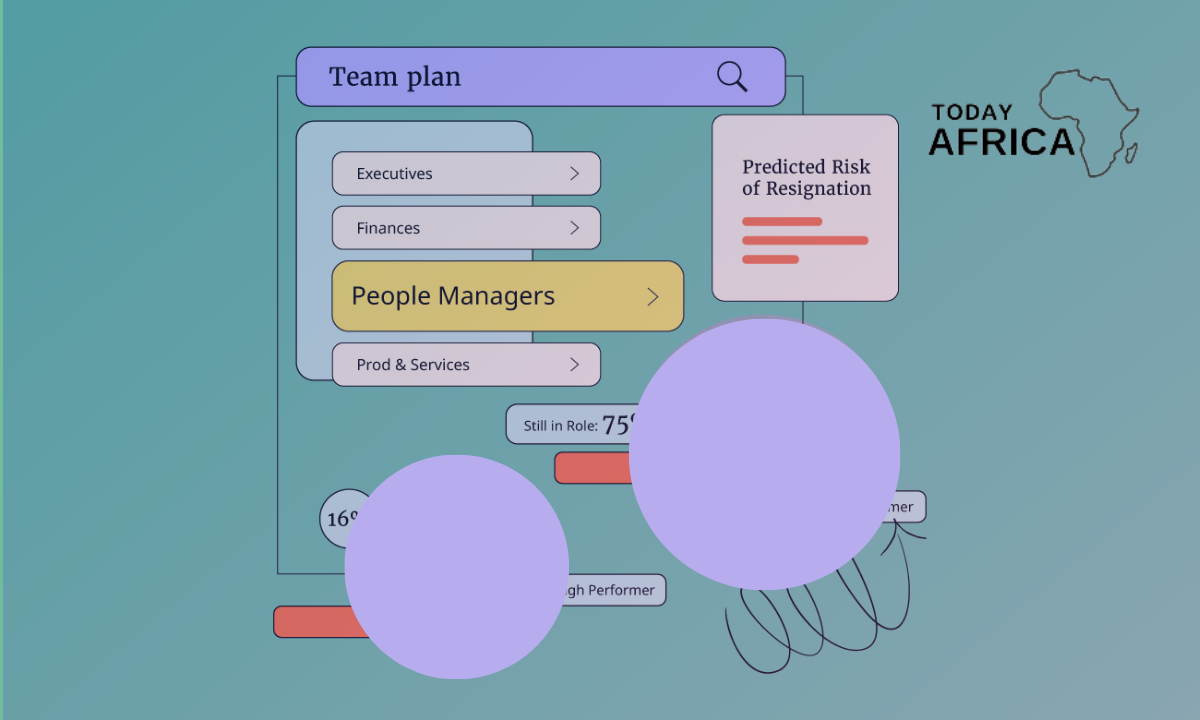Market research is the backbone of any successful business strategy. In today’s highly competitive and rapidly evolving marketplace, understanding your audience’s needs, wants, and behaviors is more critical than ever.
Whether you’re a small startup or a multinational corporation, comprehensive market research is vital to make informed decisions, reduce risks, and uncover new growth opportunities.
In this article, we’ll delve into why market research is key to growing your business, how it helps create a competitive edge, and the steps you can take to leverage it effectively.
What is Market Research?
At its core, market research is the process of gathering, analyzing, and interpreting information about a market, including data on the target audience, competitors, and industry trends.
By identifying your customer’s needs and preferences, you can tailor your products, services, and marketing strategies accordingly. Market research can be either quantitative (involving numbers and statistics) or qualitative (focusing on insights, feelings, and motivations).
Types of market research
- Primary research – Direct research you conduct yourself, such as surveys, interviews, and focus groups.
- Secondary research – Indirect research that involves analyzing existing data, such as industry reports, competitor analysis, and market analysis.
Why Market Research is Key to Growing Your Business
1. Identify target customers and segments
One of the most significant benefits of market research is understanding who your customers are and what they want. Identifying specific customer segments helps create highly personalized marketing messages that resonate with your audience, ensuring your efforts are targeted and effective.
For instance, a clothing brand targeting young professionals will likely have a different approach than one aimed at retirees. Through demographic, psychographic, and behavioral segmentation, you can break down your target market into manageable segments, allowing for customized marketing that yields better results.
Practical applications
- Surveys and questionnaires: Useful for gathering insights into customer preferences, buying behavior, and demographic data.
- Focus groups: Gain deeper insights into customer motivations and pain points by speaking directly to a sample of your target market.

2. Understand market demand
Without knowing if there’s demand for your product or service, your business risks launching something that lacks a viable market. Market research allows you to gauge interest and evaluate the size of potential markets. This data can save your business significant resources and time by validating your business idea before a full-scale launch.
For example, a tech startup looking to release a new app should perform research to determine if there’s enough demand for the app’s functionality. This can involve studying trends, looking at competitor offerings, and directly testing with a small audience to get real feedback.
Practical applications
- Product testing and beta launches: Allows you to gauge demand and get customer feedback on product features.
- Trend analysis: Observing industry trends and consumer behavior can highlight future demand and market shifts.
Read Also: How to Create a Scalable Business Model
3. Competitive advantage
Market research provides insights into what your competitors are doing and helps you identify areas where you can differentiate your offerings. Competitive analysis can reveal your competitors’ strengths, weaknesses, and gaps in the market that your business can fill.
Knowing where your competitors stand and what they offer allows you to innovate or provide superior services in areas where they fall short. Differentiating your brand creates a unique value proposition that attracts customers, ultimately giving you an edge in the market.
Applications
- SWOT analysis: Assess the strengths, weaknesses, opportunities, and threats facing your business in relation to competitors.
- Positioning maps: Visual tools that help position your brand against competitors to find a unique selling point.
4. Reduce business risks
The business world is filled with uncertainties. Market research helps reduce risks by providing solid data and insights that allow for informed decision-making. By understanding your market, customer preferences, and potential challenges, you can proactively address issues before they impact your business negatively.
For instance, a restaurant chain may want to test a new menu in a limited location before rolling it out nationwide. This way, they gather feedback, make improvements, and minimize risk before a larger launch.
How to do it
- A/B testing: Test different versions of a product, service, or marketing campaign on small groups to identify what works best.
- Pilot programs: Launch a new service or product in a controlled setting before expanding to larger markets.
5. Enhance customer experience
In today’s customer-centric world, enhancing the customer experience (CX) is paramount. Through market research, you can understand customer pain points, preferences, and expectations. This allows you to create products, services, and support systems that align closely with your audience’s needs, building customer loyalty and boosting retention.
For instance, e-commerce businesses can benefit from researching customer feedback and identifying areas of friction during the purchase process. Optimizing the customer journey can lead to higher satisfaction and conversion rates.
Applications
- Customer feedback loops: Regularly collecting and analyzing customer feedback can lead to continuous improvement.
- Customer journey mapping: Visualizing the customer journey helps pinpoint areas where experience can be enhanced.
6. Improve your marketing strategies
Market research provides insights into which channels your target audience prefers, what messages resonate with them, and how they make purchasing decisions. Armed with this knowledge, you can craft highly effective marketing campaigns that reach the right people at the right time.
For example, research might reveal that your target demographic prefers engaging with brands on social media, prompting you to allocate more resources to social media marketing.
- Persona development: Creating detailed profiles of your ideal customers to guide marketing strategy.
- Channel analysis: Determine which channels (social media, email, in-store) are most effective in reaching your target audience.
7. Discover new opportunities for growth
Businesses that actively engage in market research are better positioned to identify emerging trends, new technologies, and unmet customer needs. Spotting these opportunities early on allows you to pivot or expand in ways that competitors may not have foreseen.
Read Also: How to Use Social Media Marketing to Grow Your Business
For instance, the rise of eco-conscious consumerism has created a massive market for sustainable products. Companies that identified this trend early were able to capitalize on the demand and position themselves as leaders in sustainability.
- Trend tracking: Regularly monitor industry trends to spot emerging opportunities.
- Market gap analysis: Identify unmet needs in your market where your business could expand.

How to Conduct Effective Market Research
Knowing the importance of market research is one thing; implementing it is another. Here’s a guide to help you start.
- Define your goals: What are you looking to achieve? Be clear on the questions you want answered.
- Choose the right methods: Decide between primary or secondary research, or use a mix. Surveys, focus groups, and trend analysis are all viable options.
- Collect data: This can involve interviews, surveys, and data analysis from industry reports or competitors.
- Analyze and interpret: Use tools like SWOT analysis and data visualization to make sense of your findings.
- Apply insights: Adjust your product, marketing, or customer service strategies based on your findings.
Key Tools for Market Research
- Survey tools: Google Forms, SurveyMonkey, Typeform
- Data analytics: Google Analytics, SEMrush, Tableau
- Social listening tools: Brandwatch, Hootsuite Insights, Sprout Social
- Secondary research resources: Industry reports, government databases, and market research agencies
Conclusion
Market research is a powerful tool for growth that no business should overlook. It empowers businesses to make data-driven decisions, improve customer satisfaction, and stay ahead of competitors. By investing time and resources into understanding your market, you can significantly increase your chances of success and position your business for sustainable growth.
In a world where customer preferences and market dynamics are in constant flux, regular market research enables you to stay agile and relevant. So, whether you’re launching a new product, exploring expansion, or simply looking to enhance your brand, remember: market research is not a one-time task, but an ongoing strategy critical to your business’s longevity and growth.
Comment and follow us on social media for more tips:
- Facebook: Today Africa
- Instagram: Today Africa
- Twitter: Today Africa
- LinkedIn: Today Africa
- YouTube: Today Africa Studio
















